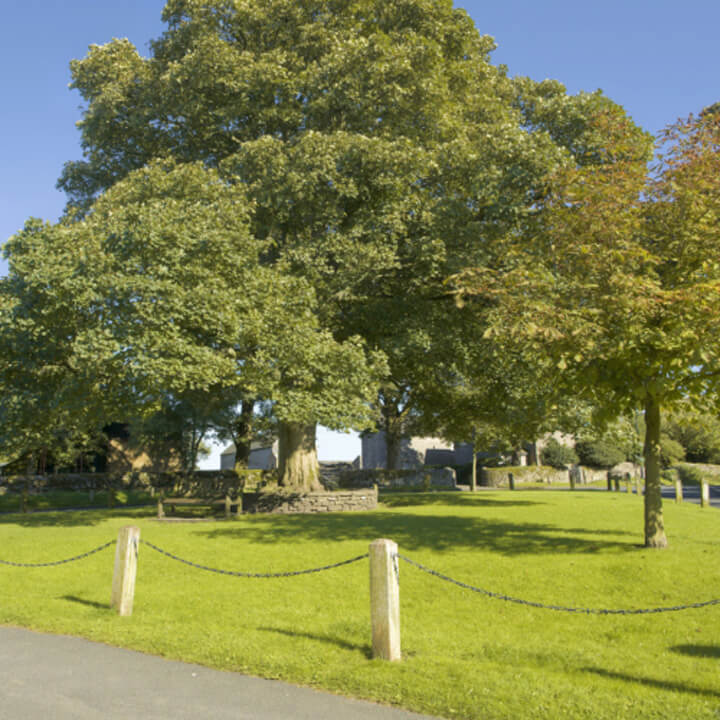TVG applications: A simple, informal process?
11th December 2017
Walker Morris has reported regularly on key legal developments concerning the registration of land as a town and village green (TVG) [1]. However a recent case, R (St John’s College, Cambridge) v Cambridgeshire County Council & Anor [2], was concerned with an important procedural point, and has resulted in some revised registration guidance, which should be of interest for TVG applicants and landowners/developers alike.
Comedy of errors, but an applicable case
The facts in this particular case amounted to something of a comedy of errors, with both the applicant and the registration authority respectively making multiple errors in both the content of the application and its processing. However, the application was submitted on time [3] and both parties acknowledged that Defra’s guidance notes for applicants and registration authorities were, in relevant parts, misleading. The case is, therefore, of general application and interest.
The TVG application was ultimately corrected by the applicant twice before the registration authority notified the parties that it had been duly made. The objecting landowner, the College, applied for judicial review of the authority’s decisions that the applicant could amend its registration application for a second time; and, following on from that, that the application had been duly made.
High Court decision
The pertinent legal provision was Regulation 5 (4) of the Commons (Registration of Town or Village greens) (Interim Arrangements) (England) Regulations 2007, which deals with whether and when applications can be rejected or amended.
The High Court held that Regulation 5 (4) has two limbs – the first covering situations where, on a preliminary consideration, an application was seriously defective and could therefore be summarily rejected; and the second where it appeared to the registration authority that apparently defective applications could be put right. In a ‘second limb’ situation, an applicant must be afforded reasonable opportunity to take remedial action. The wording of the second limb did not suggest that an applicant may only be afforded one opportunity to remedy and indeed the court thought that it could not be right for the provision to be read in such a way when TVG applications are often made by lay people.
The High Court therefore dismissed the College’s application for judicial review and the application stood as having been duly made.
Practical points
Whilst the decision in this case did not go in favour of the landowner/developer, it is always helpful to receive clear, practical guidance from the courts. The reasoning in this judgment will help both applicants and objectors in the long run, as it should save parties the time and cost of debating a procedural point whenever the question of how to handle a potentially defective application arises.
In any such cases, parties will be well advised to consult the revised paragraphs 51 – 54 of Defra’s October 2013 guidance entitled Section 15 of the Commons Act 2006 Guidance notes for the completion of an application for the registration of land as a town or village green outside the pioneer implementation areas, which have been drafted as a result of this case and which are set out as an annex to the judgment.
Additionally, parties should note that it was relevant in this case that it was impossible to see how any unfairness could arise from a finding that the application was duly made. The errors were minor and there were never any surprises for the College. The position may well be different, therefore, in a case where the impact of a defective application on a landowner could be more significant.
____________________
[1] For example, see Town and Village Greens: Continuing Development for a summary of essential principles and key cases
[2] [2017] EWHC 1753
[3] That is, within the one year grace period afforded to applicants following submission of a landowner’s statement which brings to an end others’ use of the land “as of right”. (See Growth and Infrastructure Act 2013 and our earlier briefing for more information.)



